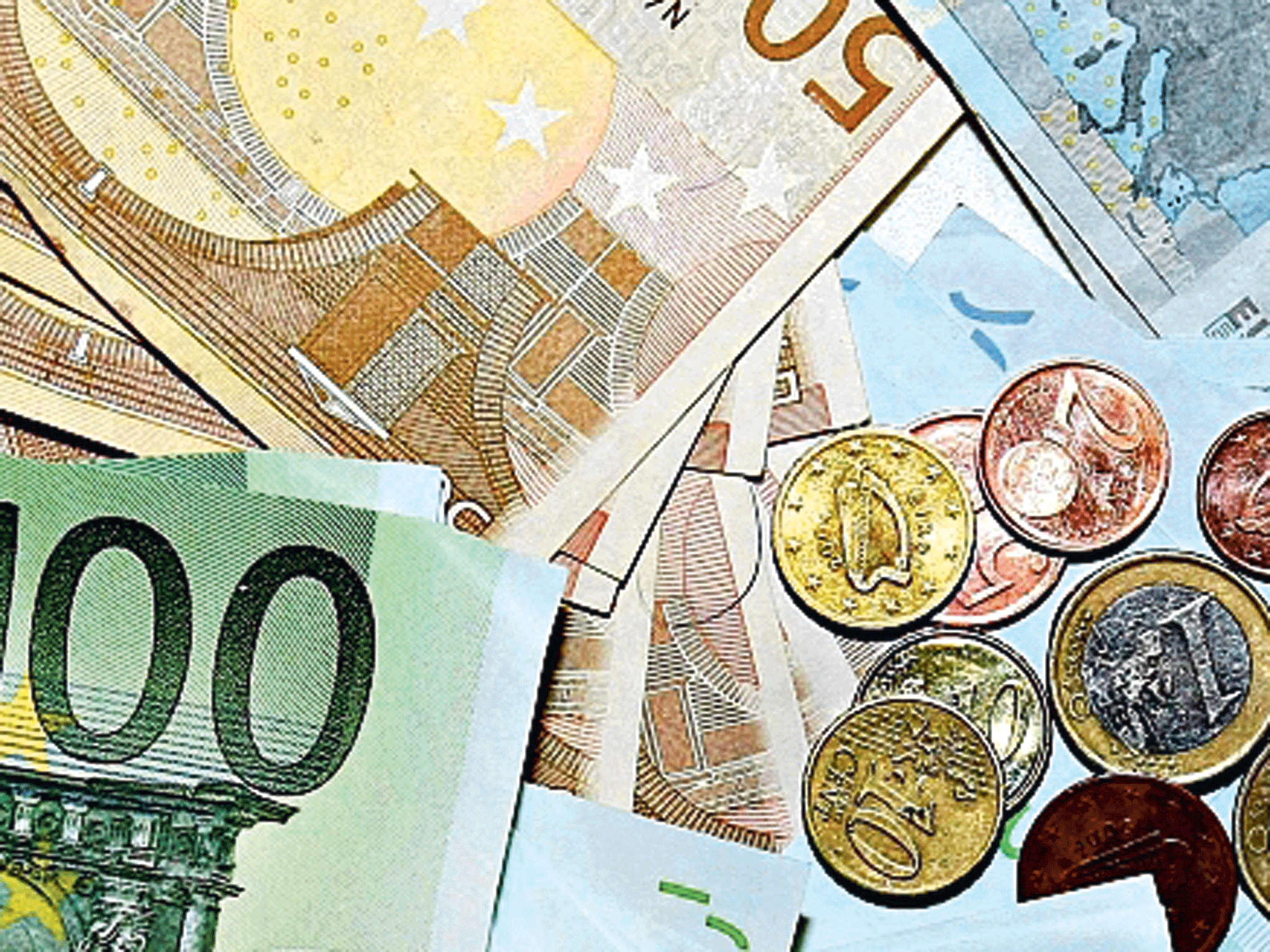Which currency will give a better rate when paying for flights, sterling or euros?

Q. I have debit cards for both euros and sterling. I want to book a flight from Manchester. Which currency should I pay with? Alf Davies
A. Sterling – because paying in the currency in which the transaction is denominated is always the best plan. Airlines generally quote fares in the currency of the country in which your journey begins. Were you starting your trip in Malaga or Rome, then you should pay in euros. That is the best way to minimise loss on currency conversion.
You are in a good position, because you can choose which card to use. But even if – like most of us – you had only a sterling-denominated card, then you should still decline all offers by the vendor to "lock into" a specific rate of exchange, with a known cost in pounds. Instead, opt to pay in the original currency and accept the rate deployed by your bank. It won't be brilliant, but it is likely to be much better than the airline offers.
An example is Ryanair. For the purposes of extra charges (e.g. failing to print out your boarding pass and take it to the airport), the standard rate is £1 = €1. But if you attempt to pay for a flight billed in sterling with a card denominated in euros, the airline's systems will identify this, and offer you a guaranteed, but less favourable, rate: typically €1.31. Better to insist that you pay the sterling amount, which is likely to be converted by your bank at around €1.25. Note that to decline, you will need to "uncheck" a box – otherwise it is automatically ticked to accept the unfavourable rate of exchange.
The practice of inviting customers to be billed at a specific rate is known as "dynamic currency conversion". It has only recently spread to the airlines, but is common among providers of tourism services, e.g. hotels, restaurants and car hire. From the customer's perspective, it is almost always a swizz.
About the only circumstances in which it might be worth considering is for business travellers who need to claim expenses back from their employer: it allows everyone to know instantly what the sterling amount is, rather than waiting for the bank statement or credit-card bill to arrive.
But if you are a leisure traveller, and in the strong position of having a choice of payment cards, just match the currency.
Join our commenting forum
Join thought-provoking conversations, follow other Independent readers and see their replies
Comments
Bookmark popover
Removed from bookmarks